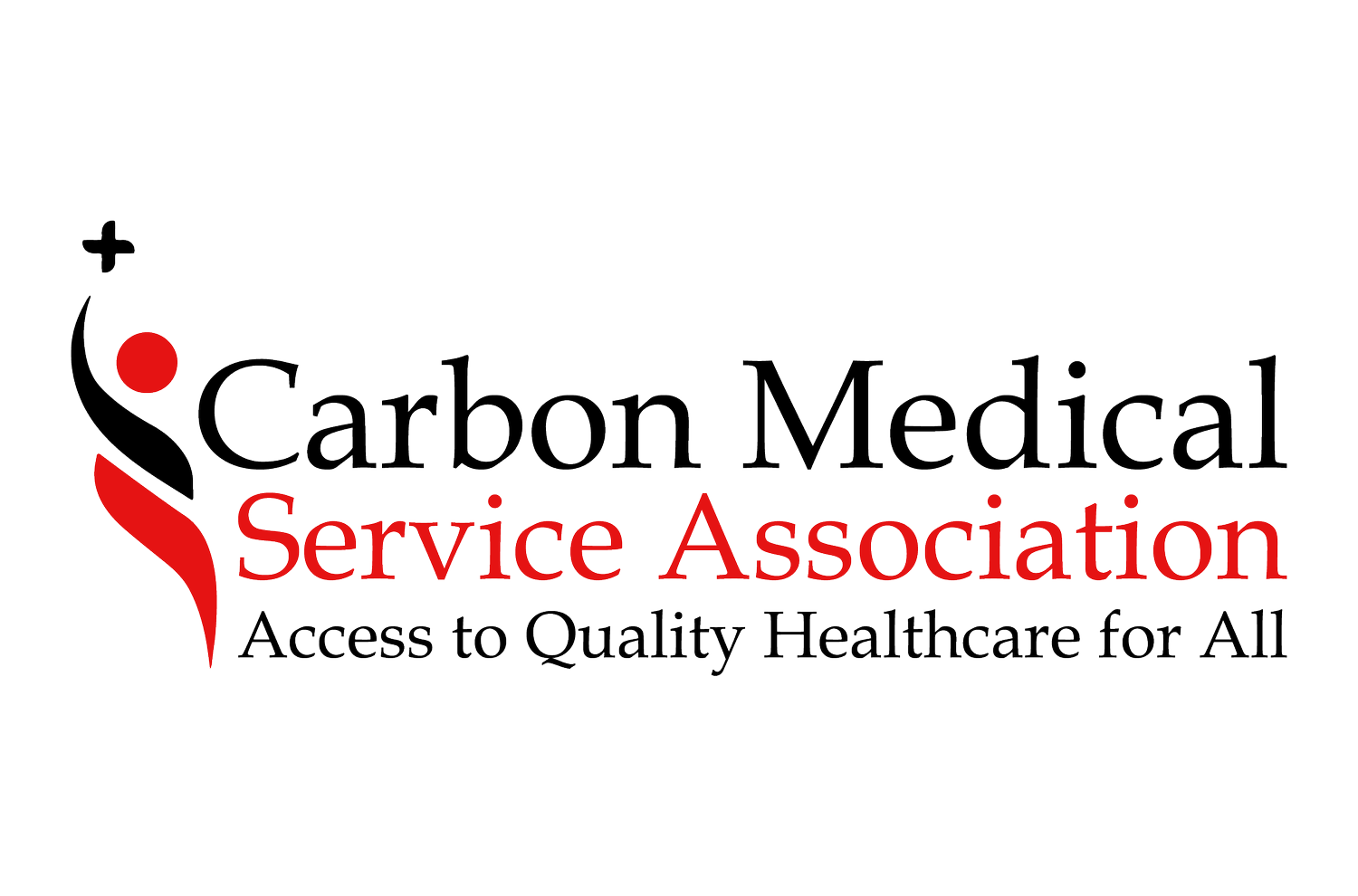In October, RSV Awareness Month Recognized by Families,Providers, Advocates
The month raises awareness about RSV, or respiratory syncytial virus, a serious disease that poses risks for all infants.
WASHINGTON, Oct. 4, 2021 /PRNewswire/ --- The National Coalition for Infant Health and allied organizations, health care providers, families and advocates will recognize October as national RSV Awareness Month to elevate awareness about respiratory syncytial virus, a seasonal virus that can be very serious for infants and young children. The awareness month efforts will highlight the signs and symptoms of RSV, the impact on infants and young children, and protective measures.
RSV Fast Facts
RSV is a highly contagious seasonal virus and the most common cause of pneumonia and bronchiolitis in babies less than one year old.1
RSV is the leading cause of hospitalization for babies less than one year old.2
Babies less than one year old are 16 times more likely to be hospitalized for RSV than for the flu.3
RSV accounts for roughly 500,000 emergency room visits in young children each year.4
RSV season usually runs from October to March
Throughout October, the hashtag #RSVAwareness will be used to share stories and resources about RSV to help parents, caregivers, health care providers and policymakers understand that RSV is a dangerous virus and that all infants are at risk, especially those born preterm or with underlying health conditions.
RSV is a highly contagious virus that can be serious, even deadly, for some babies and young children, requiring hospitalization and intensive care. Parents and caregivers often confuse the signs and symptoms of RSV for the common cold or flu. But RSV is far from the cold and flu.
WATCH: Melanie's RSV Story
Few options exist to treat or offer protection for infants. However, new preventive monoclonal antibodies, also known as mAbs, are being developed. These interventions can act as an immunization that may offer protection for all infants. And there is currently a preventive mAb available for a narrow subset of infants born preterm or with underlying medical conditions.
STATEMENT FROM SUZANNE STAEBLER, DNP, EMORY UNIVERSITY SCHOOL OF NURSING:
"RSV is serious and it poses a risk to every single infant – not just those born prematurely or with other medical conditions. Parents need to understand how serious it is and the signs and symptoms to look for so they can help protect their babies from this dangerous virus. We hope that one day soon there will be a way to protect our country's babies and young children from the dangers of RSV."
STATEMENT FROM ASHLEY YEARY, ARKANSAS MOTHER OF A BABY HOSPITALIZED WITH RSV:
"When my son was hospitalized with RSV it was the most terrifying experience of our lives, even scarier than his open heart surgery. Watching your child struggle to breathe feels helpless. Thankfully he recovered and is doing well. No family should have to endure what we did. I urge parents to know the signs and symptoms of RSV and to not be afraid to call your pediatrician or visit the emergency room if something doesn't seem right."
Signs and Symptoms of RSV
Cough
Runny nose
Struggling to breathe (breastbone sinks inward when breathing)
Difficulty eating
Lethargy
Wheezing
RSV Prevention Tips
Wash hands often
Avoid taking your baby into large crowds
Cover coughs and sneezes
Clean and sanitize surfaces frequently, including toys
Avoid contact with sick people
Don't smoke around your baby
To learn more about RSV, visit www.infanthealth.org/rsv-awareness.
About the National Coalition for Infant Health
The National Coalition for Infant Health is a collaborative of professional, clinical, community health, and family support organizations focused on education and advocacy to promote patient-centered care for infants and their families.
2 Leader S. (v1.0) J pediatr. 2003.
3 Zhou H, et al. 54:1427–36. Clin Infect Dis. 2012.
4 Hall, CB. et al. Respiratory Syncytial Virus-Associated Hospitalizations Among Children Less Than 24 Months of Age. Pediatrics, 132(2). doi: 10.1542/peds.2013-0303
SOURCE National Coalition for Infant Health
